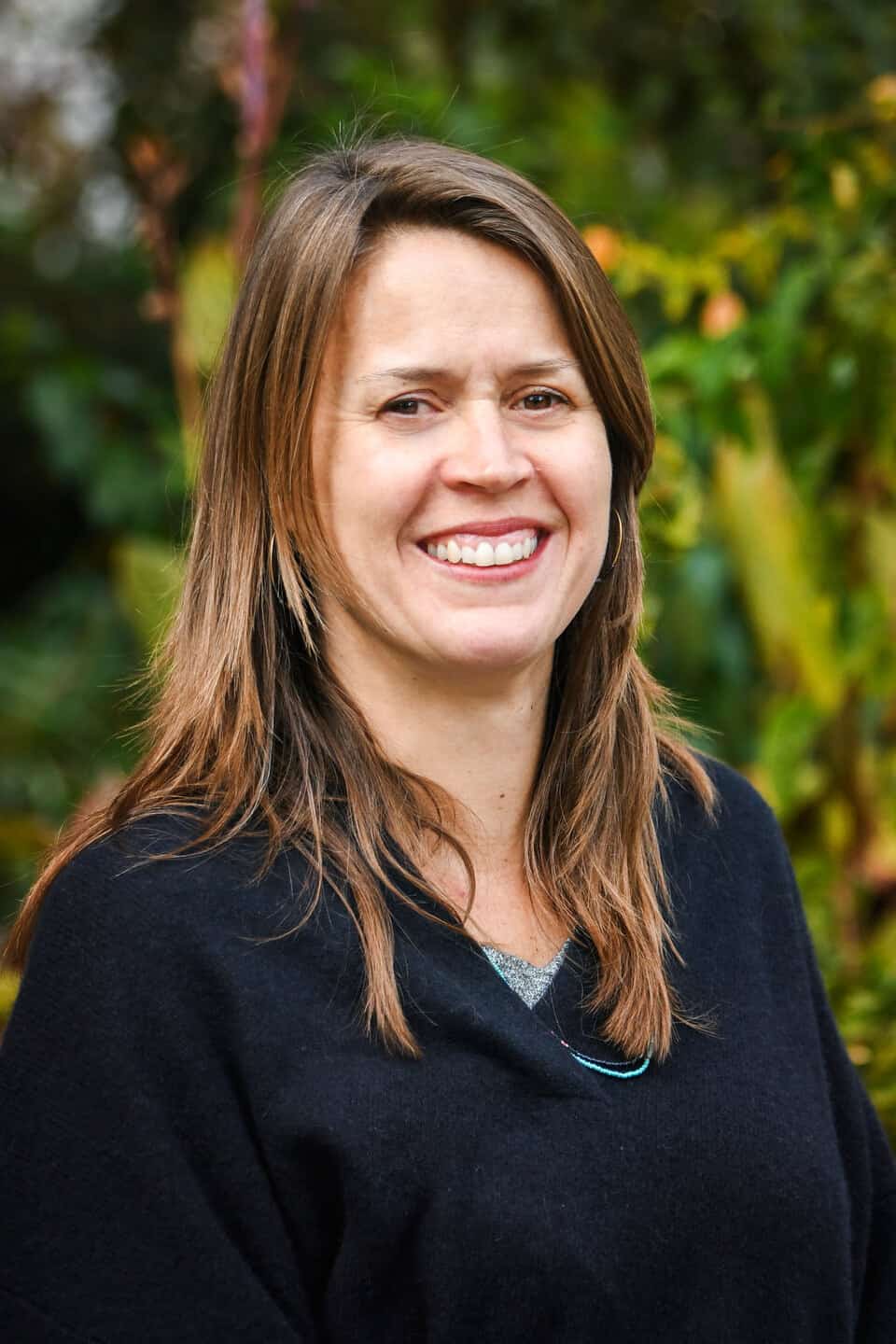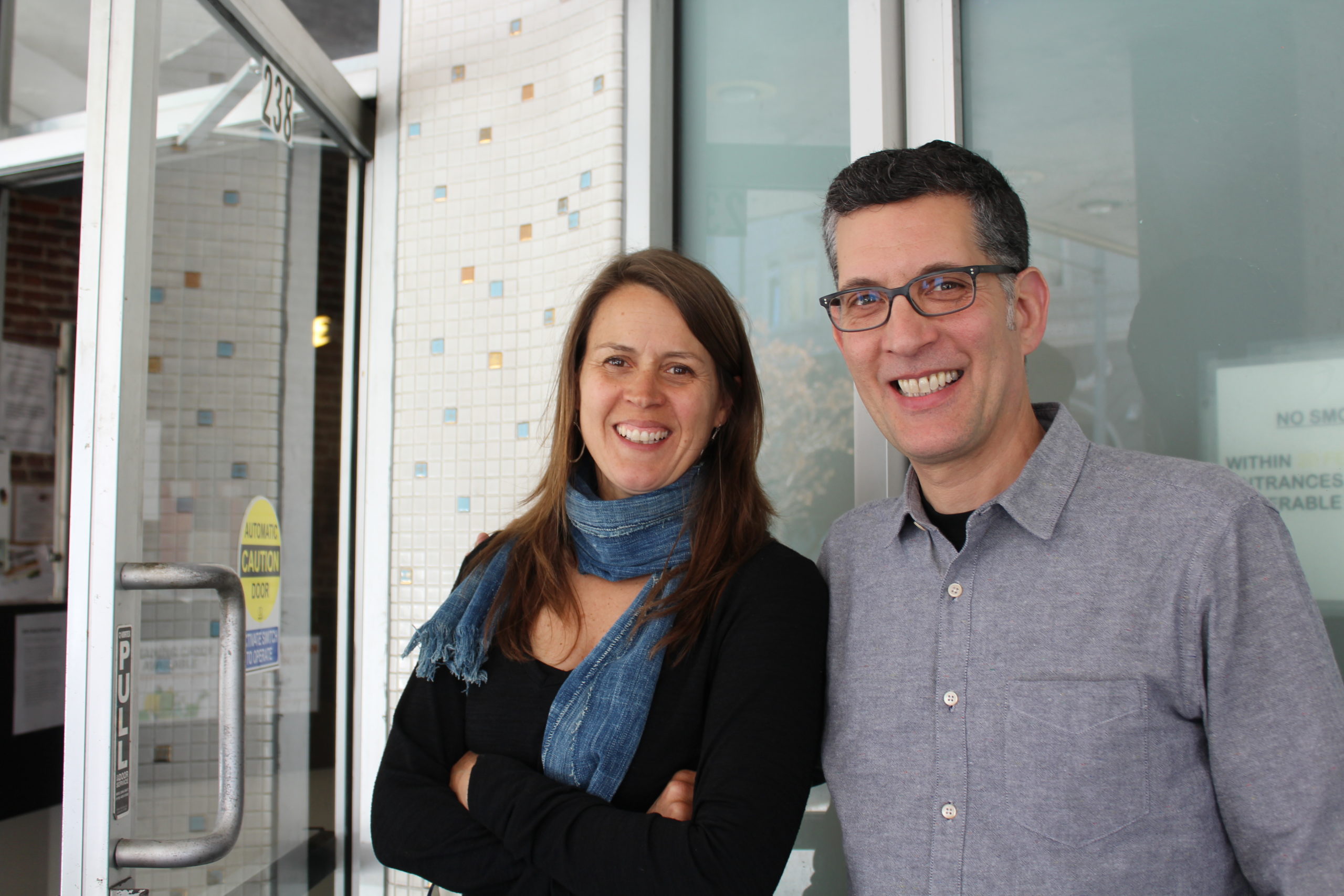

Lauren Hall
Co-Founder & Director
What made you want to start/create DISH?
It was the opportunity to be more responsive to address barriers to housing for people that really needed it. It was clear as a community we could do better ensuring that everyone gets a home. I knew a lot of people who could not get into housing, or if they did, they were seen as “hard to serve” and often had a tough time. A lot of focus was on how to improve support services, but we thought the property management approach was where we could have more immediate impact. DISH was born out of the belief that “hard to serve” just means your approach needs to change, not the people that need your service.
How did the name “DISH” originate?
I love four letter words. We thought SH should be in the name for “Supportive Housing”—and Innovation to keep us focused on evolving instead of stagnating—but a favorite four-letter word starting with SHI already existed, so we flipped it. DISH was our acronym before our full name was finalized and it’s funny how often our name gets garbled—even by us!
What was your experience with supportive housing before DISH?
About 30 years ago, a friend from college was doing on-call case management at an early supportive housing program and she thought I might like it to make some extra cash. I remember going up the stairs in a pretty funky SRO in the Tenderloin and wondering what I was getting myself into, but I loved it and basically never left. I had been working as an office manager at a law firm in the financial district to pay my bills, but it never was a good fit for me and I felt like a fish out of water in that environment--then there was a deadly shooting in the building I worked in downtown and it pushed me to get a permanent job (well 2 jobs because it was a big pay cut!) in the TL where I felt at home—and safe. Since then, I have had many different roles from money manager to support services director. As a case manager, I couldn’t even get the people that I served into the housing that run by the organization I worked for because they used drugs; at that time, you had to say you had 6 months of sobriety to get in and basically lie about any use. It just seemed so ridiculous to me that that was the case. That drove my continued passion and wanting to be part of creating housing that didn’t have those kinds of barriers. When I became the Support Services director at a new site we got rid of that sobriety requirement and we kept going from there. Working in PSH is hard on your heart—especially when you have to have multiple jobs to afford to be in SF and I took a break to be a program officer at CSH but I knew I would be back.
How would you describe your team of DISHers to someone you just met?
I would say we are a chosen family of incredibly dedicated, amazing, loving, hilarious people that I have the deep privilege of being an original member—and our team should be paid at least double what they earn now so please consider DISH in your charitable giving.
Why did you stay over the years or what is the most gratifying part of your job?
Part of the idea of creating DISH was to create a healthy organization that really values the employees and the people we serve. The culture we’ve created of respect, dignity and love for one another, and our residents, keeps me here. There is a DISH secret sauce that allows us to see each other as we are. I can’t imagine being in a work culture that isn’t based on that. We have such a drive to promote leadership from within the organization and challenge traditional hierarchies or traditional expectations about previous education and prior experience. The question really is, “do you bring your heart to work, do you really want to be here and do you really love what we’re doing?” From there, you can learn the rest.
Being at an organization that is focused on such an issue steeped in the horrific impacts of white supremacy, as a person that benefits from that every day, I feel grateful to be part of an organization where we can try to make progress and look at equity. We’ve made concrete steps toward equity by looking at our pay scale and how we promote from within. We want to get better at incorporating tenant and staff voices at every level. That’s not something I would want to give up; that’s what keeps me here. This community is why I love coming to work every day.
Is there anything you'd like to share about your experience at DISH?
I am so excited to be back with the team and residents after this tough year. I really miss my Co-Founder Doug Gary, but his departure has brought opportunity for new leaders to step up within DISH.
We have a lot do on basic dignity, wages, food security and simple kindness. All these things that we’re pushing for at DISH are basic human rights. The reason we should be providing delicious meals in supportive housing is not because our residents don’t have the capacity to find food access, or to do more for themselves. It’s that food makes you feel good and the system is set up to weed people out from the safety net that exists, and the people weeded out are people of color, part of the LGBTQ+ community, people with mental health issues, people who struggle with drugs. It’s bigger than ending homelessness. It’s about what kind of society we want to live in. We’re right at the center of all these broken systems. We can learn from the work that we do at DISH. It all points back to the reason that people need supportive housing: it’s not because they have some challenge themselves, it’s because our affordable housing system is broken. Our mental health system is broken. Our healthcare system is broken. Our foster care system is broken. Our criminal justice system is broken. Our education system is broken. It can be very overwhelming at times. It’s like catching water under Niagara Falls with a teaspoon. It’s daunting but it’s possible. Supportive housing works, but it is one tiny part of the whole equation—how do we collectively stop the flow?